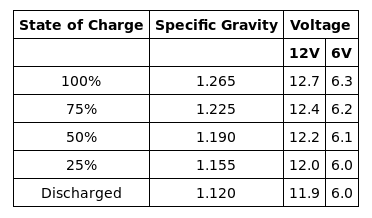Zarathustra[H]
Extremely [H]
- Joined
- Oct 29, 2000
- Messages
- 38,859
Hey everyone,
Just had a brief power outage last night due to the snowstorm, and was surprised that my Server blew through my UPS charge WAY faster than I expected. It completed a safe shutdown in under 10 minutes (which is really all it needs to do, but I like some more uptime).
When I first set up the UPS, I had about an hour of uptime on it.
The UPS is an older APC SmartUPS SUA1500 I got a good deal on on eBay in October 2014. First thing I did was pop a fresh set of batteries in it from the Battery Store (Or Batteries Plus as they are now known).
So, the sealed lead acid batteries have been in use for ~2 years and 3 months. IN that time they have very rarely actually discharged, only once or twice really, except for my testing when I first set them up.
Is this the expected life of these batteries? Or is my older UPS maybe not doing well? Or maybe the batteries at Batteries Plus aren't the highest quality?
I'd appreciate any thoughts.
Just had a brief power outage last night due to the snowstorm, and was surprised that my Server blew through my UPS charge WAY faster than I expected. It completed a safe shutdown in under 10 minutes (which is really all it needs to do, but I like some more uptime).
When I first set up the UPS, I had about an hour of uptime on it.
The UPS is an older APC SmartUPS SUA1500 I got a good deal on on eBay in October 2014. First thing I did was pop a fresh set of batteries in it from the Battery Store (Or Batteries Plus as they are now known).
So, the sealed lead acid batteries have been in use for ~2 years and 3 months. IN that time they have very rarely actually discharged, only once or twice really, except for my testing when I first set them up.
Is this the expected life of these batteries? Or is my older UPS maybe not doing well? Or maybe the batteries at Batteries Plus aren't the highest quality?
I'd appreciate any thoughts.
![[H]ard|Forum](/styles/hardforum/xenforo/logo_dark.png)

